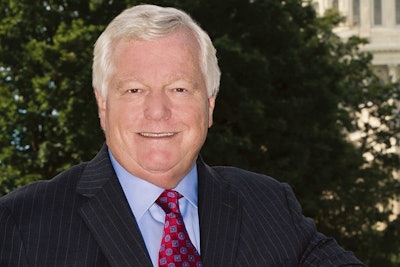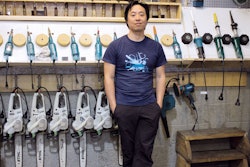
To make the most of the election year in 2012, Roger Dow, 66, helmed several innovative projects for the U.S. Travel Association.
The association launched its "Vote Travel" campaign in the spring, which helped push media, consumers, and elected officials to acknowledge meetings and travel as real business vital to the economy. The group covered a bus in pro-travel messaging—that the industry is responsible for 14.4 million jobs, for example—and covered 20,000 miles, 38 states, and 60 destinations, resulting in widespread local and national media coverage. The campaign hit both political conventions, and Marriott even put the message on its hotel key cards in Tampa, Florida.
Dow says that 2012 demonstrated the importance of launching initiatives with timely context. “It’s almost a jujitsu strategy: look at what’s going on and make it work for you,” he says.
Among the results of the strategy: a turnaround in federal support for the industry, after President Obama slammed meetings spending in Las Vegas in 2009. “We just want politicians to support travel, and I couldn’t care less whether it’s Democrat or Republican,” Dow says. “The Obama administration has been phenomenal to us, but three years ago, he didn’t get it. Now he’s saying, ‘I want to increase travel and tourism and meetings.’ It took three years, but by Washington standards, it’s a nanosecond.”
Led by Dow, the association also managed to beat a proposed reduction on per diem spending by government employees, as well as reduce wait times for visas from 140 days to fewer than five days for certain countries in the past year—a coup for large national meetings, which the association estimates draw 25 percent of participants from outside the U.S.
“So when [international attendees] are not there, not only are the conventions losing registration, but they’re not there buying. Deals don’t get done,” Dow says. “It’s a huge part of the economy that’s not understood by a lot of people.”



















